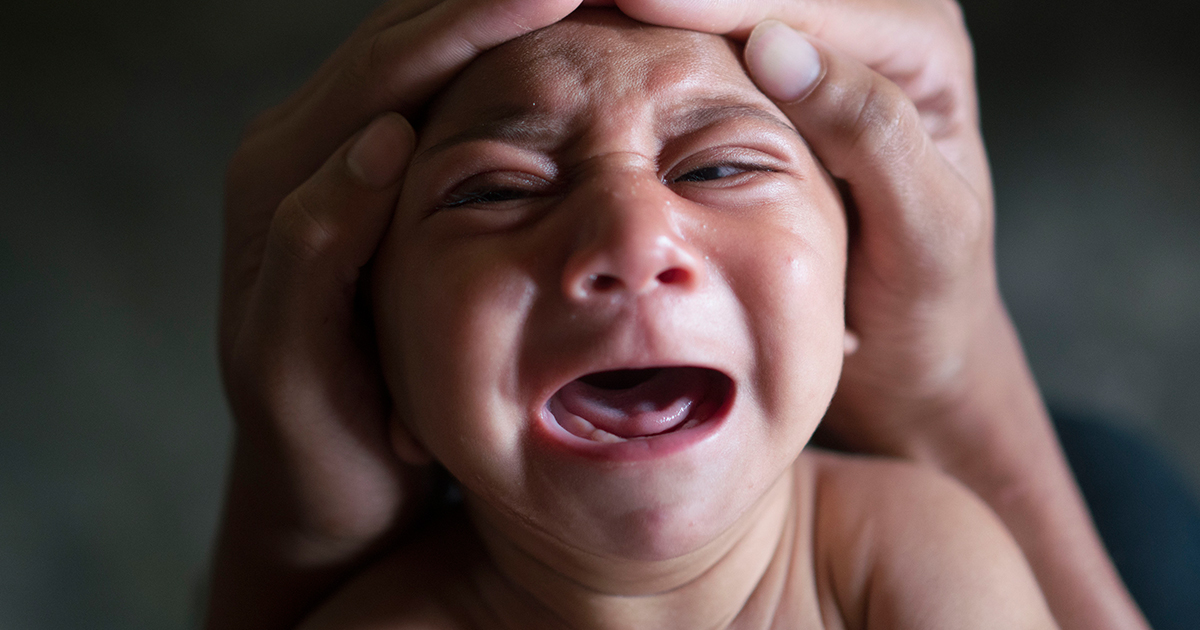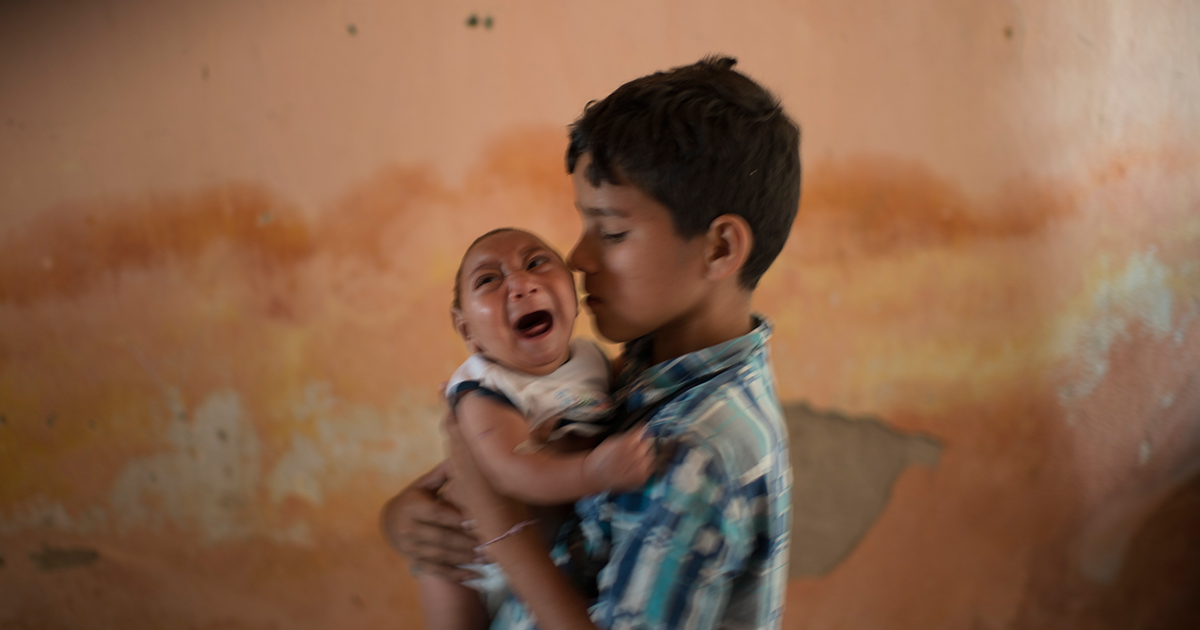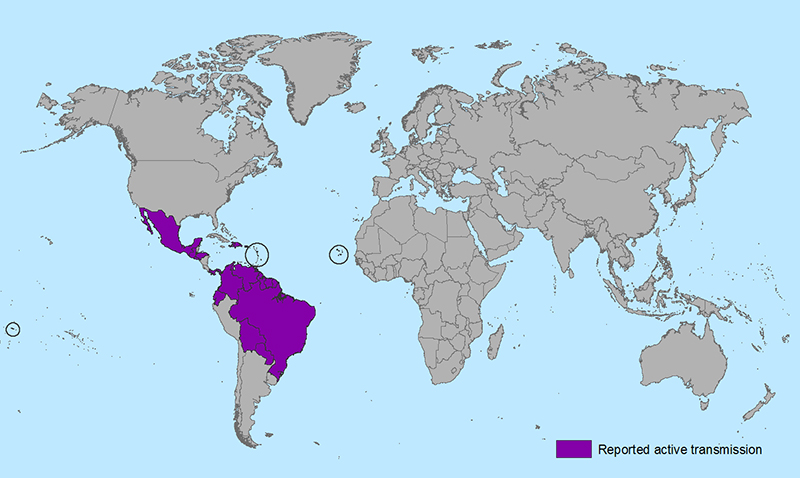The U.N. Just Took a Bold Stance on the Zika Virus

By:
The United Nations is urging countries affected by the Zika virus to repeal their laws that restrict or limit access to birth control and abortion, as experts believe the mosquito-borne illness could be linked to microcephaly, a rare condition that causes children to be born with abnormally small brains.
“We are asking those governments to go back and change those laws,” U.N. spokeswoman Cecile Pouilly also said in a statement on Friday. “Because how can they ask those women not to become pregnant, but also not offer them [...] the possibility to stop their pregnancies if they wish?”
 AP/Felipe Dana - apimages.com
AP/Felipe Dana - apimages.com
Government officials in Colombia, Ecuador, Jamaica, and El Salvador have asked women to delay their pregnancies to avoid potential birth defects, but Zeid Ra’ad Al Hussein, the U.N. High Commissioner for Human Rights, said in a Friday statement that this suggestion "ignores the reality that many women and girls simply cannot exercise control over whether or when or under what circumstances they become pregnant, especially in an environment where sexual violence is so common."
Al Hussein added that governments must provide teenagers, men, and women access to comprehensive and affordable reproductive services and information, including emergency contraception and safe abortion services.
 AP Photo/Felipe Dana - apimages.com
AP Photo/Felipe Dana - apimages.com
“Health services must be delivered in a way that ensures a woman’s fully informed consent, respects her dignity, guarantees her privacy, and is responsive to her needs and perspectives,” he said. “Laws and policies that restrict her access to these services must be urgently reviewed in line with human rights obligations in order to ensure the right to health for all in practice.”
The struggle to obtain birth control and abortion access in Zika-affected countries.
 Flickr/Beatrice Murch - flickr.com
Flickr/Beatrice Murch - flickr.com
Many Zika-affected countries are in Latin America, which is known for having a strong Catholic influence. The Roman Catholic Church, of course, is against contraception and abortion, so the Zika virus has presented a complicated dilemma for a lot of people in the infected areas. There are currently strict abortion laws in many of the Latin America countries affected by Zika. Tarah Demant, senior director of the Identity and Discrimination Unit at Amnesty International, recently told TIME magazine that Latin American women are among the lowest contraception users in the world and that emergency contraceptives are expensive and difficult to find. Basic contraceptives can also be difficult to find in Latin American and Caribbean counties, USA Today reported.
"They don’t have access to information, they don’t have access to contraception, and they don’t have access to the option to terminate a pregnancy," Demant said.
 Flickr/Meddygarnet - flic.kr
Flickr/Meddygarnet - flic.kr
Silvia Camurça, a director of Brazilian feminist group, SOS Corpo, recently told The New York Times that the Zika virus has allowed feminists to call out the issues with Brazil's abortion laws, which prohibit abortion unless there are health emergencies, the woman was raped, or the baby has anencephaly, a condition in which the baby has an incomplete skull and an underdeveloped brain.
“The fears over the Zika virus are giving us a rare opening to challenge the religious fundamentalists who put the lives of thousands of women at risk in Brazil each year to maintain laws belonging in the dark ages,” Camurça said.
Here are the countries with active Zika virus transmission:
 CDC - cdc.gov
CDC - cdc.gov
As ATTN: previously noted, Zika warnings are directed at women, and this overlooks the reality that men are responsible for impregnating women. The Centers for Disease Control and Prevention (CDC) and Latin American governments have advised women to be cautious in the wake of the Zika outbreaks but haven't encouraged men to keep these advisories in mind.
"Why does the very suggestion of any government recommending men to practice abstinence for two years seem like a joke?" Paula Young Lee recently wrote in a piece for Dame magazine. "The cultural reflex to hold women accountable for male lust and subsequent reproduction is so ingrained that we don’t even notice the asymmetry. Indeed, it strikes the domesticated mind as verging on unreasonable to hold men morally responsible when pregnancy is unwelcome, unwanted, or, in the case of the Zika virus, a potential public health disaster."
